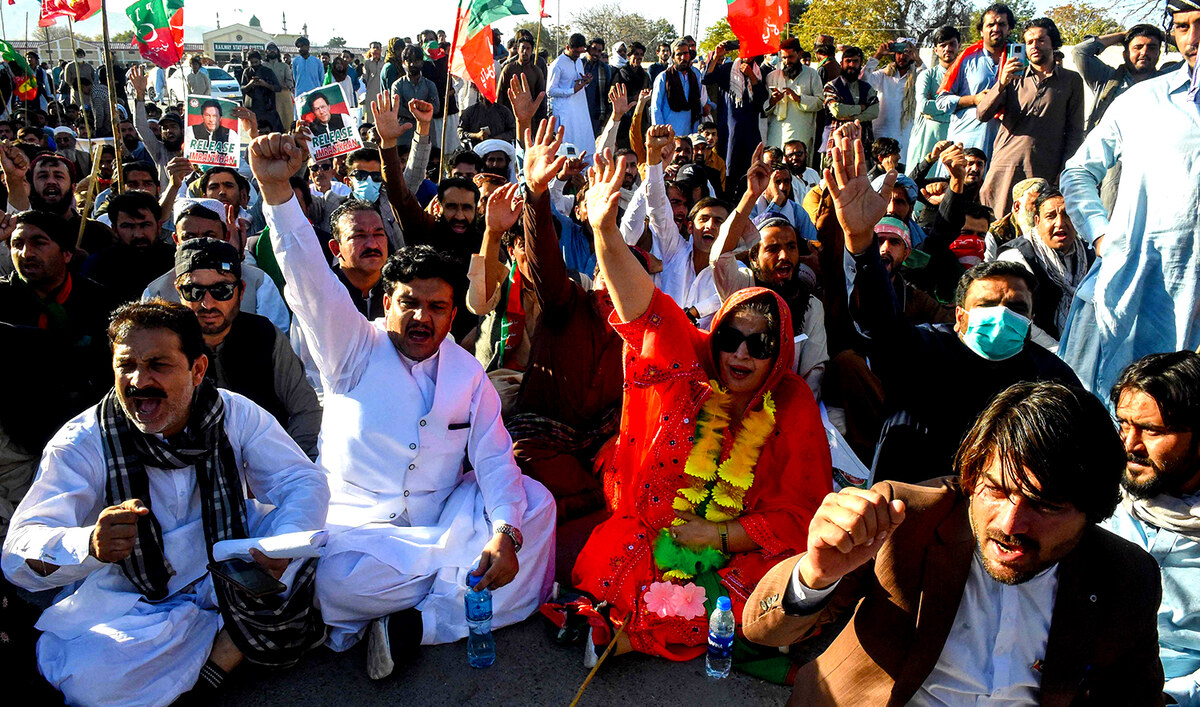ISLAMABAD: Pakistan’s consumer price index (CPI) jumped 29.2 percent in November on a year-on-year basis, the country’s statistics bureau said on Friday, with analysts attributing monthly increase in prices to a recent hike in gas tariff.
The headline inflation was recorded at 26.8 percent in October and 23.8 percent in November last year, according to the Pakistan Bureau of Statistics (PBS).
Prices went up by 2.7 percent in November as compared to a 1 percent increase in the month before and a rise of 0.8 percent in November 2022.
Financial analysts say the increase in inflation figures for the month of November was “in line with the expectations” after the gas price hike.
“The inflation for the month of November is in line with the expectations. The major impact has come from the gas tariff hike,” Samiullah Tariq, a director at the Pakistan Kuwait Investment Company, to Arab News.
“Going forward we hope that the inflation would ease off.”
In late October, Pakistan announced a sharp increase in the price of natural gas for most households and industries ahead of the cash-strapped country’s first review of a $3 billion International Monetary Fund (IMF) bailout it entered in July.
While the government did not increase the tariff for the protected category (57 percent of the domestic consumers), it increased the fixed monthly charge from Rs10 to Rs400 for this category.
The price of gas was set at Rs2,100/mmbtu for export process industry, Rs2,400/mmbtu for export captive industry, Rs2,200/mmbtu for non-export process industry, Rs2,500/mmbtu for non-export captive industry, and Rs3,600/mmbtu for the CNG sector.
In November, Pakistan cleared the first review of the nine-month standby arrangement, paving the way for Islamabad to receive a second tranche of around $700 million from the lender.
Among the food items that recorded highest increase in November prices were tomatoes (60.42 percent), potatoes (14.92 percent), tea (12.95 percent), onions (12.32 percent), dry fruits (7.91 percent), fish (7.75 percent), eggs (7.15 percent) and fresh vegetables (4.47 percent), according to the PBS.
Non-food items whose prices recorded the highest increased included gas charges (280.55 percent), woolen readymade garments (8.16 percent), dental services (5.19 percent), transport services (5.11 percent) and solid fuel (3.52 percent).


















